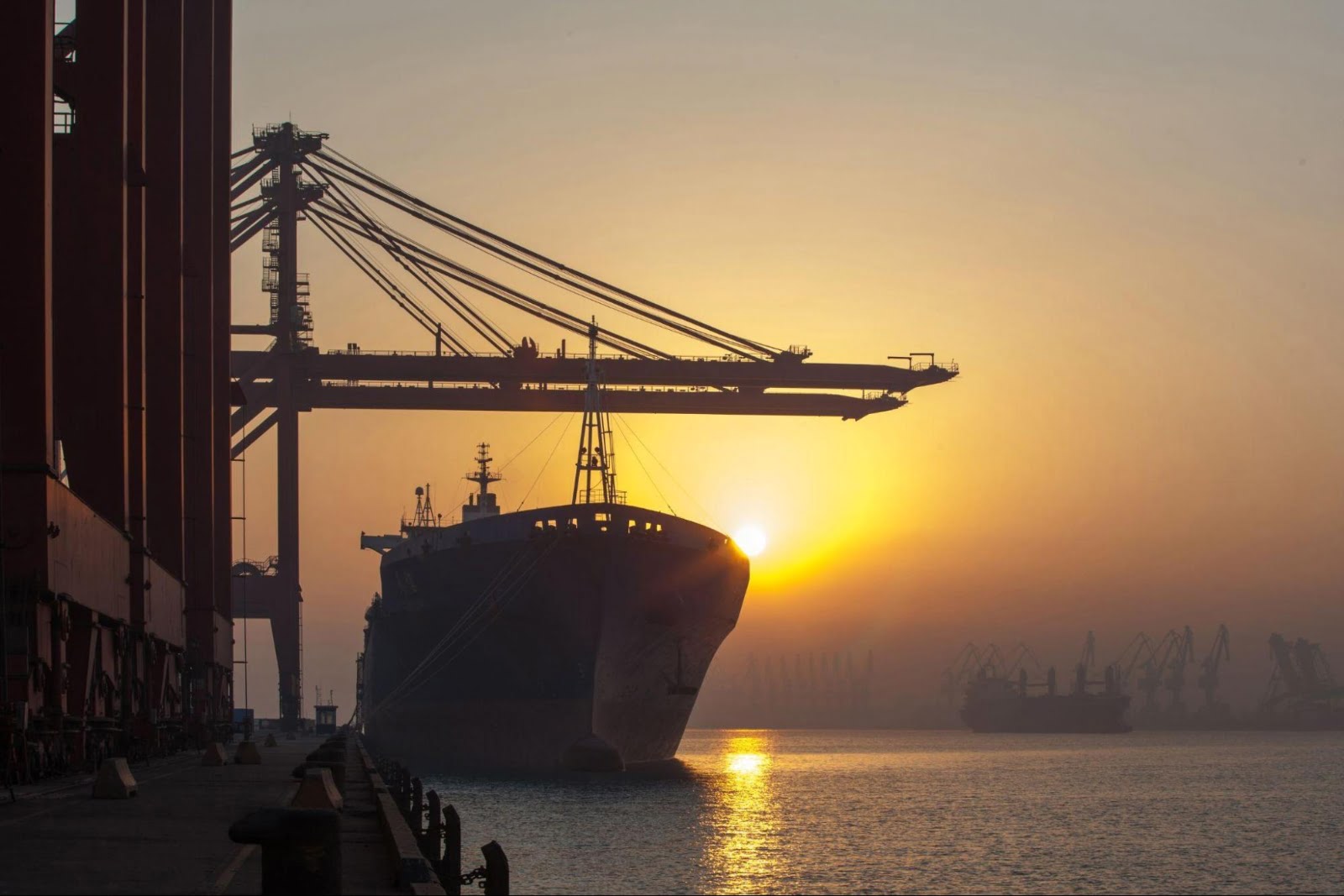Modern logistics make heavy machinery shipping possible to every corner of the globe. However, considering the complex nature of the job, you need to solidly understand the process to ensure you don’t encounter any hiccups along the way.
From completing a detailed plan and following packing procedures to gaining the proper documentation, construction shipping isn’t a task you want to rush into. Over here, we explore the most critical elements to ensure you fully understand what’s required to get your tractors, loaders, and excavators to their destination.
1. Planning Ahead
Taking the time to organise your heavy machinery shipping job well in advance gives you the best chance of getting your goods to their destination on time. Although sometimes your schedule can’t be helped, ideally, you’ll have a clear idea of what you need to ship and where it needs to go.
Consider the fine details, such as how it might be prohibited for certain heavy machinery items to be imported into a country. Meanwhile, you’ll also need a thorough understanding of your shipping costs and budget to ensure you can find a reliable logistics company ready to take on the job.
2. Packing And Crating
When planning a heavy machinery shipping operation, you must have detailed knowledge about the various cargo types available. For example, wheeled cargo is often transported on a Ro-Ro vessel, which features built-in ramps and shore-based equipment that ensures loading and unloading vehicles is simple.
With cargo vessels coming in a wide variety of shapes and sizes, knowing the number of vehicles you need to ship, alongside the combined weight and dimensions, makes it easier to find a suitable option. Plus, you need to know whether the destination port can handle your specific heavy machinery cargo.
Another factor to consider is the way the product is being exported or imported. These can include complete knock down (CKD) units, semi-knocked down units (SKD) units, and CBU (Complete Built-Up) units.
A CKD unit is a type of manufactured goods that is shipped to the customer in its completely unassembled form. The customer or plant is responsible for the actual assembly of the unit. Since it is assembled at the destination using local labor, this is typically the cheapest way to import and export heavy goods.
CKD units differ from SKD units, which are partially assembled at the factory before shipment. The cost of shipping then increases.
Meanwhile, CBU units are shipped out in its fully operational form, with the cost of shipping typically being the highest amongst all three types.
3. Documentation And Insurance
Just because you’ve organised construction shipping to a foreign country before doesn’t mean the regulations are the same everywhere else. When transporting large goods across the world, you ought to be aware of the proper procedures and standards to ensure you aren’t breaking any local regulations that will undoubtedly hold up your equipment.
Insurance is another crucial consideration for heavy machinery shipping. As your equipment is most likely worth a large sum, you don’t want to risk it getting damaged during transport or after it arrives at the port. Although you might view the extra cost of insurance as unnecessary, you put your business at risk of a pricey mistake if something goes wrong during the process.
4. Tracking Your Shipment
Whether shipping heavy machinery to international clients or a challenging overseas project, you want to keep tabs on its progress. This means you must choose a company that offers precise tracking on its construction shipping projects.
For example, you might face tight deadlines on a building project that requires a specific type of equipment to finish the job. With detailed shipping information that ensures your team knows when your shipment is arriving, it’s possible to benefit from improved communication and business optimisation.
5. Choosing The Right Shipper
For a reliable heavy machinery shipping partner with a wealth of experience, don’t look anywhere but Halcon Primo Logistics. We’ve established our reputation as one of the top freight forwarding companies in Singapore, having completed countless complex jobs for large-scale local and international companies for the past 18 years. Other than heavy machinery, our company also provides specialised shipping solutions for other industries, including mining, oil and gas, as well as construction, metal, and steel.
With global partners from Australasia and Europe to the Americas, we have what it takes to ensure your construction equipment arrives safely and on time. With outstanding customer service and up-to-date tracking for every port in the world, you’ll remain in the loop about your shipment. Contact our expert team to learn more now!


